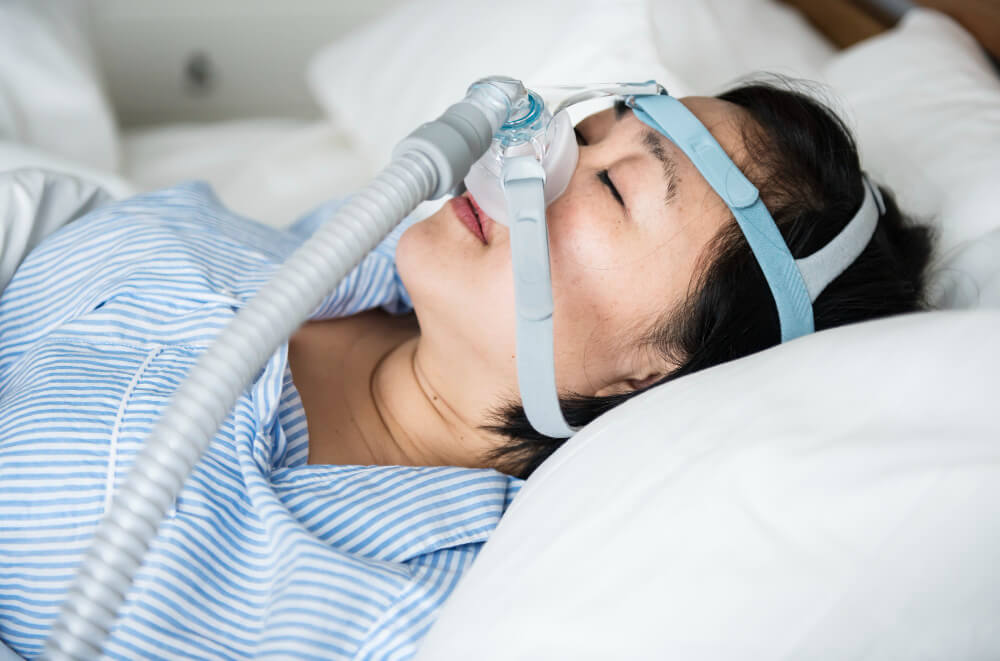What is Obstructive Sleep Apnea (OSA)?
Obstructive sleep apnea (OSA) is a common and potentially serious sleep disorder that affects millions of people worldwide. It occurs when the muscles in your throat relax and block your airway during sleep, causing you to stop breathing repeatedly. These pauses in breathing can last for seconds or even minutes and can occur hundreds of times a night.
Left untreated, OSA can lead to a number of serious health problems, including high blood pressure, heart disease, stroke, and diabetes. It can also cause daytime fatigue, poor concentration, and mood problems.
Fortunately, there are a number of effective treatments available for OSA. The most common treatment is continuous positive airway pressure (CPAP) therapy. CPAP uses a machine to deliver air pressure through a mask to keep your airway open while you sleep.
Other treatments for OSA include:
- Oral appliances: These devices fit like a mouthguard and are worn during sleep to help keep the airway open.
- Weight loss: If you are overweight or obese, losing weight can help to reduce the symptoms of OSA.
- Surgery: In some cases, surgery may be an option to remove or reshape tissue in the airway that is blocking the flow of air.
- Lifestyle changes: Making healthy lifestyle changes, such as quitting smoking and avoiding alcohol, can also help to improve the symptoms of OSA.
Here are some of the benefits of treating OSA:
- Improved sleep quality
- Reduced daytime fatigue
- Improved mood
- Reduced risk of high blood pressure, heart disease, stroke, and
- diabetes
- Increased energy levels
- Improved concentration
- Improved overall health and well-being
How to get diagnosed with OSA:

If you suspect that you have OSA, it is important to see a doctor for a diagnosis. Your doctor will ask you about your medical history and symptoms and may perform a physical examination. They may also order a sleep study, which is a test that is done at home or in a sleep lab to measure your breathing during sleep.
How to choose the right treatment for you:
The best treatment for OSA depends on the severity of your condition and your individual preferences. It is important to talk to your doctor about the different treatment options and to choose the one that is right for you.
Tips for living with OSA:
If you have been diagnosed with OSA, there are a number of things you can do to manage your condition and improve your quality of life. These include:
- Using your CPAP therapy as prescribed
- Making healthy lifestyle changes
- Losing weight if you are overweight or obese
- Quitting smoking
- Avoiding alcohol
- Getting regular exercise
- Creating a relaxing bedtime routine
- Establishing a regular sleep schedule
- Learning relaxation techniques
If you think you or someone you know may have OSA, it is important to seek medical attention. Early diagnosis and treatment can help to prevent serious health problems and improve your quality of life.
Conclusion:
Obstructive sleep apnea is a serious but treatable condition. If you are experiencing symptoms of OSA, it is important to see a doctor for diagnosis and treatment. With the right treatment, you can improve your quality of sleep and your overall health.

